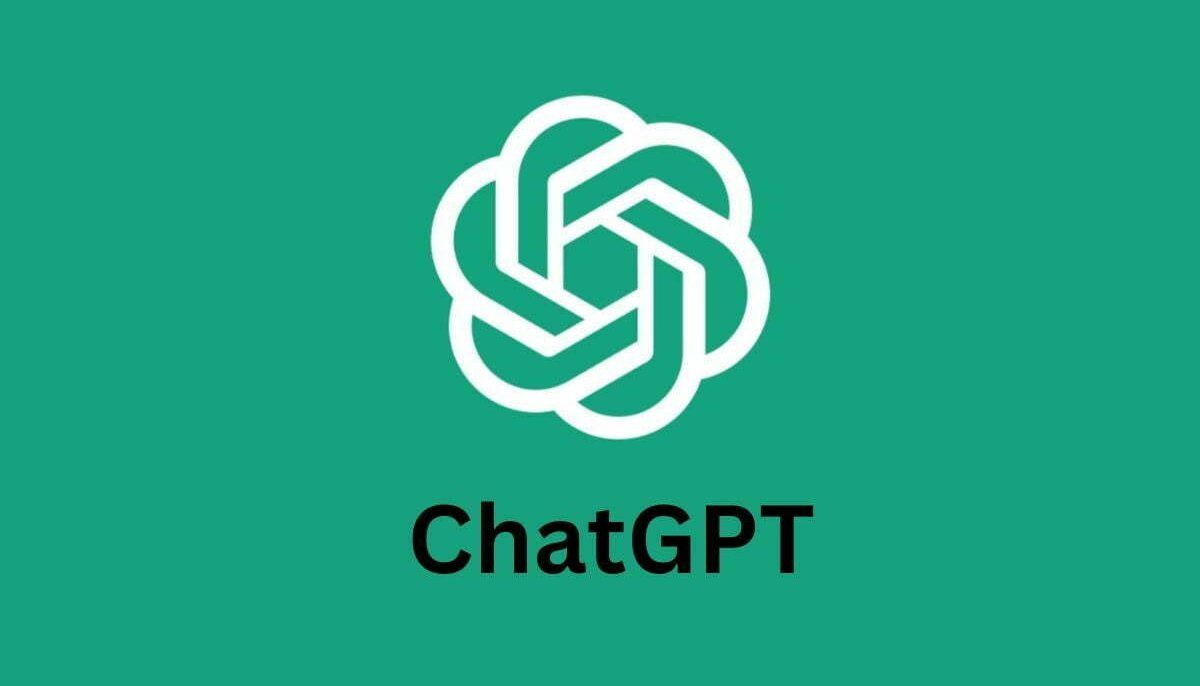![]()
In an increasingly digital world, chatbots like ChatGPT have become essential tools for communication, research, and problem-solving. While these AI-driven platforms are designed to assist and provide valuable insights, users should always exercise caution when sharing sensitive information. Here are three key things you should never share with ChatGPT or any chatbot:
1. Personal Identifiable Information (PII)
Personal Identifiable Information includes details like your full name, address, phone number, social security number, bank details, or passwords. Sharing this information could expose you to identity theft or fraud, especially if the chatbot or the platform it operates on is hacked or compromised.
While reputable chatbot providers take steps to ensure data security, it’s wise to err on the side of caution. Always remember that chatbots are not private diaries—they are tools that might log or store data temporarily for functionality purposes.
2. Sensitive Work or Business Information
Avoid discussing classified, proprietary, or confidential information about your workplace, business strategies, or projects. Sharing sensitive work-related details could result in a breach of confidentiality agreements or even intellectual property theft.
For example, revealing unpublished ideas, financial plans, or details about clients could have unintended consequences if the data were accessed by unauthorized entities or used for purposes outside the chatbot’s intent.
3. Health or Legal Issues
While chatbots can provide general advice, they are not a substitute for professional health or legal experts. Avoid sharing details about medical conditions, ongoing treatments, or legal disputes. Chatbots lack the qualifications and accountability to provide tailored advice in these areas and might inadvertently provide incorrect or misleading information.
Instead, seek professional guidance from licensed doctors or legal practitioners when dealing with these matters.
Chatbots like ChatGPT are incredibly useful for brainstorming ideas, answering general queries, or learning new concepts. However, safeguarding your personal, professional, and sensitive information should always be a priority. By exercising caution, you can enjoy the benefits of AI-driven tools while protecting your privacy and security.

